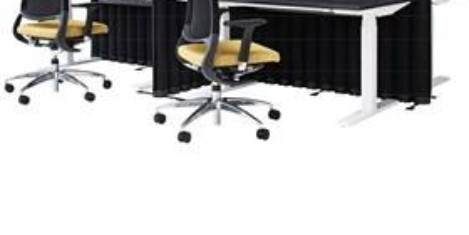April 27, 2015
Business clusters fuel growth in office occupier demand in smaller cities 0
 Smaller cities, including Brighton, Solihull, Reading and Warrington [pictured], look set to see a growth in occupier demand for office rentals over the few years, a new report has revealed. JLL’s ‘Where Next in the UK?’ report analysed the economic and office market performance of 37 smaller towns and cities giving an insight in to which locations will offer investors the biggest opportunity over the next five years. It shows some smaller cities are found to have a stronger outlook than the ‘Big 6’, (Bristol, Birmingham, Manchester, Leeds, Glasgow and Edinburgh). The success of these smaller cities, says the report, will be closely associated with their ability to develop and grow clusters of businesses, for instance a growing nuclear research and technology cluster in Warrington – along with strong university links and the provision of integrated transport and infrastructure.
Smaller cities, including Brighton, Solihull, Reading and Warrington [pictured], look set to see a growth in occupier demand for office rentals over the few years, a new report has revealed. JLL’s ‘Where Next in the UK?’ report analysed the economic and office market performance of 37 smaller towns and cities giving an insight in to which locations will offer investors the biggest opportunity over the next five years. It shows some smaller cities are found to have a stronger outlook than the ‘Big 6’, (Bristol, Birmingham, Manchester, Leeds, Glasgow and Edinburgh). The success of these smaller cities, says the report, will be closely associated with their ability to develop and grow clusters of businesses, for instance a growing nuclear research and technology cluster in Warrington – along with strong university links and the provision of integrated transport and infrastructure.

































April 23, 2015
Is it now time to take a stand on sitting in the workplace? 0
by Steve Taylor • Comment, Furniture, Wellbeing, Workplace design
(more…)